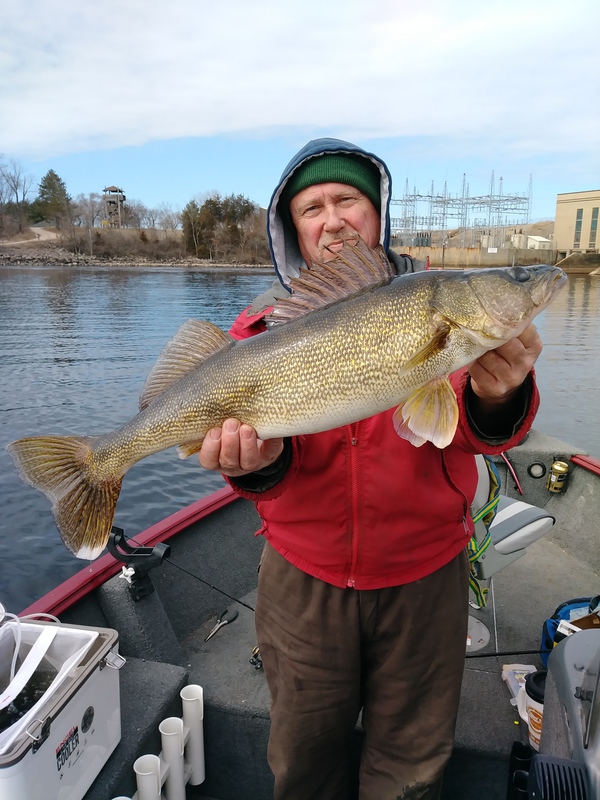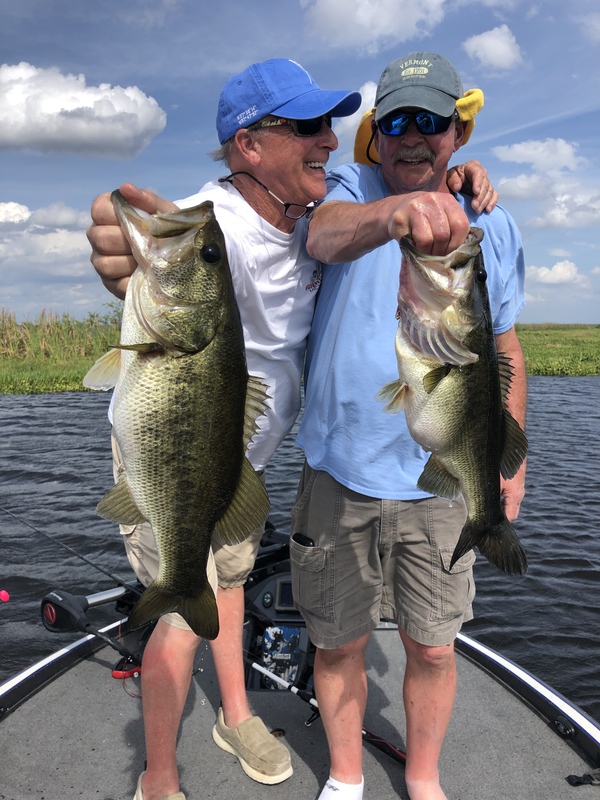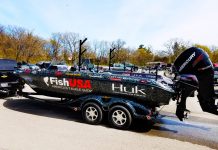Now that the weather is warming up in many parts of the country, it’s time to start thinking about getting back into the wilderness so we can enjoy everything that Mother Nature has to offer. If fishing or boating is on your agenda, you might be considering picking up a new — or new-to-you — fishing boat.
Buying used can be a fantastic way to save money while getting your hands on a great boat, but there are a few things that you should be on the lookout for.
Engine Hours
When you’re looking for a used car, one of the first things you should check is the mileage. That isn’t an option on boats, but what you can look at is engine hours. The lower the engine hours, the less the boat has been used. On average — if you don’t live in a boating-friendly state like Florida or Texas where you can head out onto the water year-round — a boat will get used for about 50 hours per season.
Have the engine hours checked and see how they line up with the reported age of the vessel. A used boat with high engine hours isn’t necessarily a deal-breaker, as long as the previous owner has detailed maintenance logs. However, the more a craft has been used, the more likely you’re going to experience a problem. New or inexperienced owners will probably want to avoid fixer-uppers with high engine hours.

Size
If you’re an avid boater, you may already have a trailer and the other accouterments you need to stay safe on the water. Maybe you’re looking for a used fishing boat because you want something a little larger or more comfortable than the craft you’re currently piloting. Before you sign on the dotted line, make sure you’re double-checking the size of your new vessel to make sure it will fit the trailer you already have. Then don’t forget to give your trailer some preventive maintenance to keep it working smoothly. Keep dirt off it to prevent corrosion and look for rust. The last thing you want is for your boat unable to reach the water because you forgot to keep your trailer in good condition.
Of course, if you’re upgrading to a bigger boat, keep in mind you may need a new trailer all together. Don’t forget to calculate that into your costs.
Wear and Tear
Don’t just take your new boat at face value. Make sure you take it out of the water and get under it to inspect the hull for damage beyond standard wear and tear. While the hull on a used boat won’t be pristine and will likely have indicators of use, you need to look for cracks and gouges that indicate it’s been ill-handled during its life. These could become leaks later, leaving you calling for a rescue if you’re too far from shore.
Fiberglass hulls that haven’t been well cared for can even delaminate at high speeds. The last thing you want is to have your new boat fall apart around you when you open up the throttle for the first time. Delaminated fiberglass can be repaired, even as a DIY project, but it’s something you should be aware of before you make your purchase.

Maintenance Logs
Don’t buy a used fishing boat unless you’re sure it has been well cared for throughout its life. To that end, make sure the previous owner has kept comprehensive maintenance logs you can verify.
Engine hours are only one part of the equation here. You need to make sure that oil, spark plugs and other replaceable parts were changed on schedule to ensure there is no undue wear and tear on the internal engine components.
Enjoy Your New Boat
Once you’ve done your research and inspected your potential purchase, all that’s left to do is sign on the dotted line and enjoy your new boat. The weather is warming up, and it’s the perfect time to get out and enjoy some time on the water.
If you’re looking for a used fishing boat, don’t let these potential problems scare you away. There are plenty of fantastic used options on the market — you just need to ensure that you’re getting one of the good ones instead of something that’ll cost you more money in the long run. If you do your homework, you’ll end up with a vessel that will serve you well for years to come.
Just like doing your homework for fishing boats, it’s important to research your next fishing spot. Fishidy can help with that. Check out our Fishing Hot Spots and contours on thousands of lakes all across the U.S.



